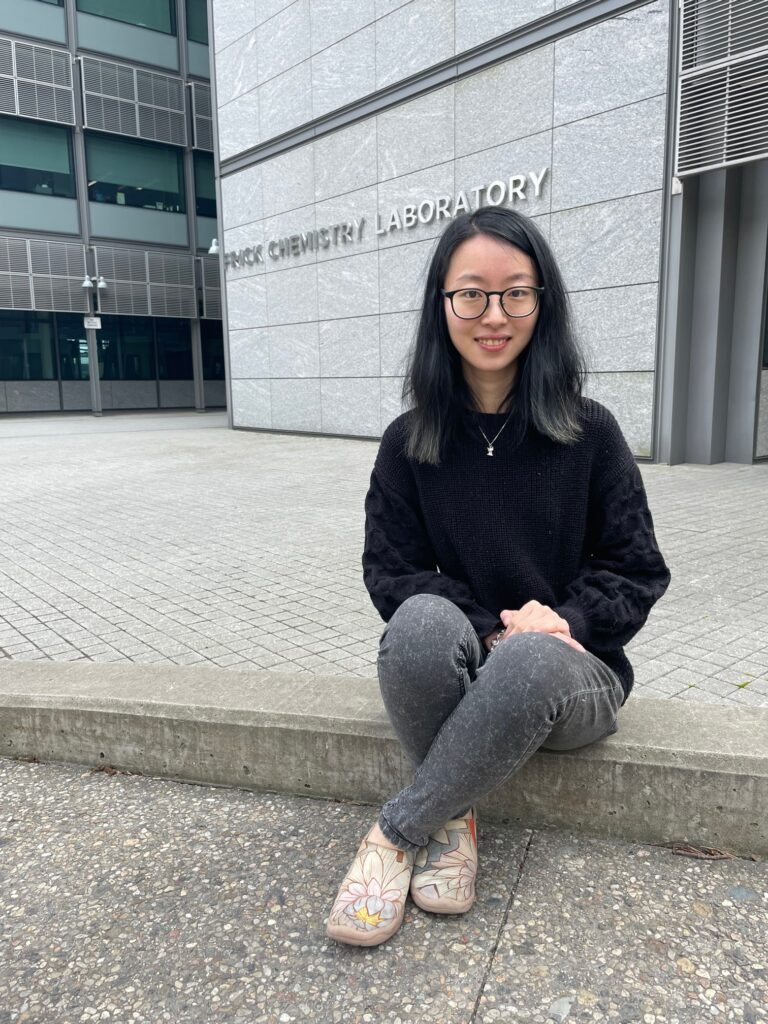Haina Wang Named a Procter Fellow
Haina Wang, a fifth-year graduate student in the Torquato Group, has been selected as a recipient of the Charlotte Elizabeth Procter Fellowship for the 2023-2024 academic year.
Fellows are selected for outstanding academic performance and professional promise by a vote of University faculty on nomination by the Dean of the Graduate School.
Wang found out about the Fellowship last week while she was studying in Firestone Library. “I immediately ran out of the library and called my parents,” she said. “It’s a huge encouragement for me to stay in academia, because it shows the University’s recognition and its confidence in my potential as a researcher.”
The Fellowships were established in 1912 in memory of Charlotte Elizabeth Procter by her son to acknowledge distinguished work in graduate-level research. Awardees are announced each spring by the Graduate School.

Haina Wang, Procter Fellow.
“Haina is an outstanding young scientist. It gives me great pleasure that she has been awarded a Procter Fellowship, which recognizes her exceptionally high scholarship,” said her advisor, Salvatore Torquato.
In an email to Wang, Rodney Priestley, dean of the Graduate School and the Pomeroy and Betty Perry Smith Professor of Chemical and Biological Engineering, said, “This prestigious honorific fellowship reflects the Graduate School’s exceptionally high opinion of your scholarship.”
Wang is currently working on four computational projects in the Torquato Group. Most of them focus on inverse statistical mechanics, which investigates whether desired material properties can be realized by any physical system, thereby guiding experiments on materials discovery. Her latest research on this project was published in January in Soft Matter, a journal published by the Royal Society of Chemistry.
“My research is to test if the real-life properties—mechanical, electronic, or just geometrical—of a material can be realized by a chemical or physical system, such as nanoparticles,” said Wang. “We have designed a numerical algorithm that helps us find this exact potential that realized the desired structure, and we have applied it to find many interesting materials.”
In the future, Wang added, she will continue to pursue work designing novel materials, particularly active matter. “This is a group of materials with particles that are not biological but move as if they are. They’re active, as if they use energy from outside to propel their own motion.”
Wang earned her undergraduate degree in chemistry at the National University of Singapore, where she also illustrated and published a children’s book about chemistry. She received the David V. Milligan ’62 Graduate Fellowship in Chemistry in 2019.
